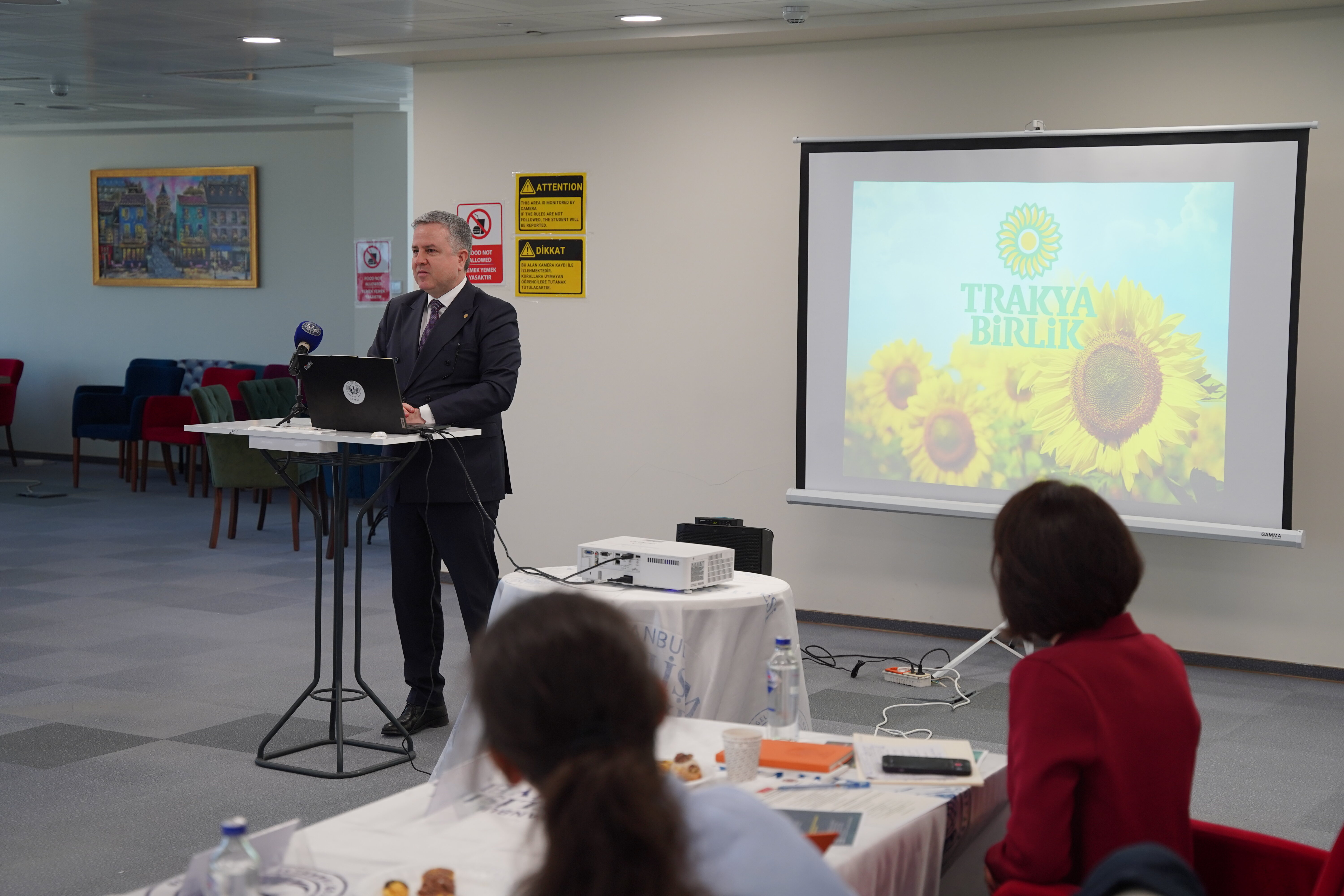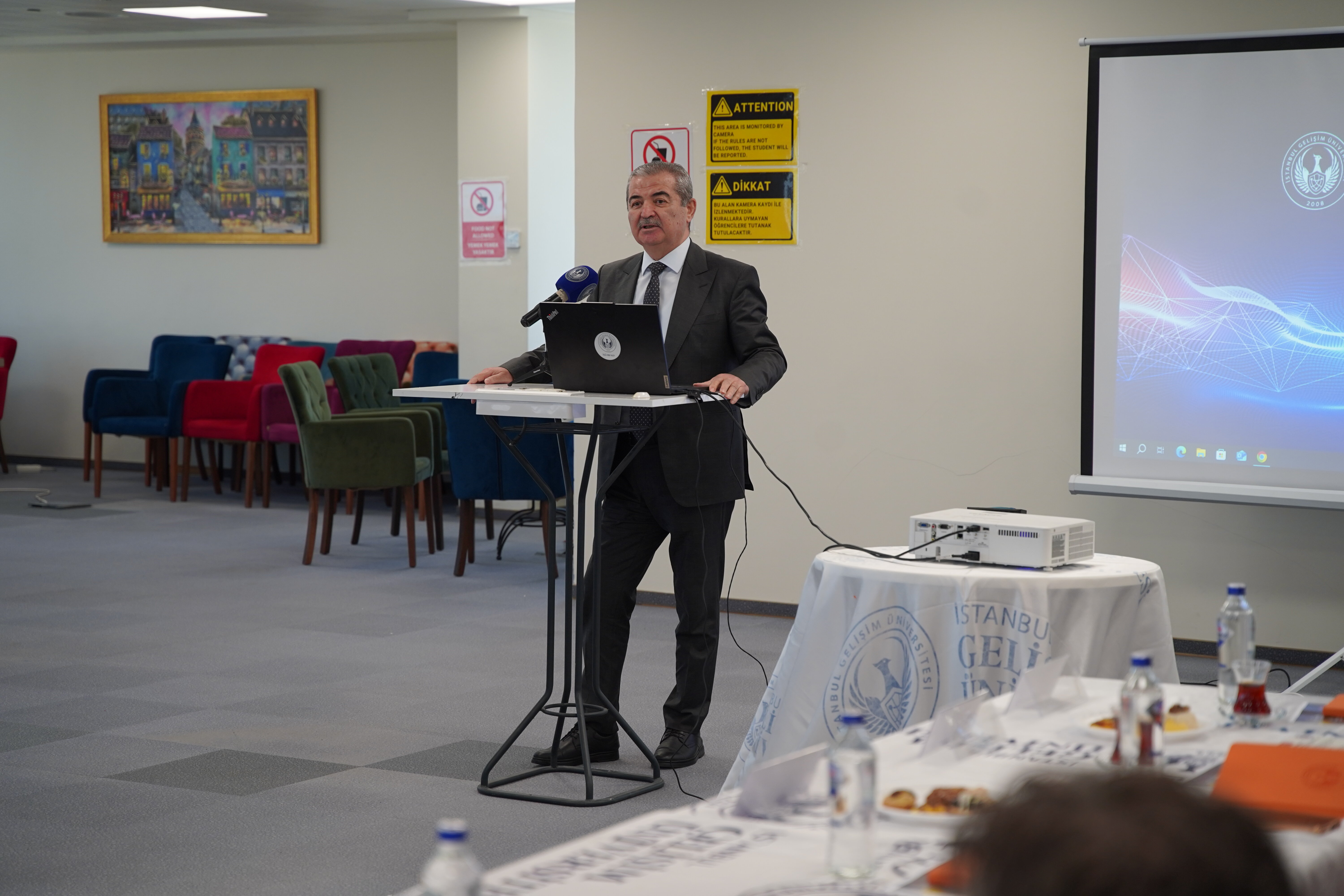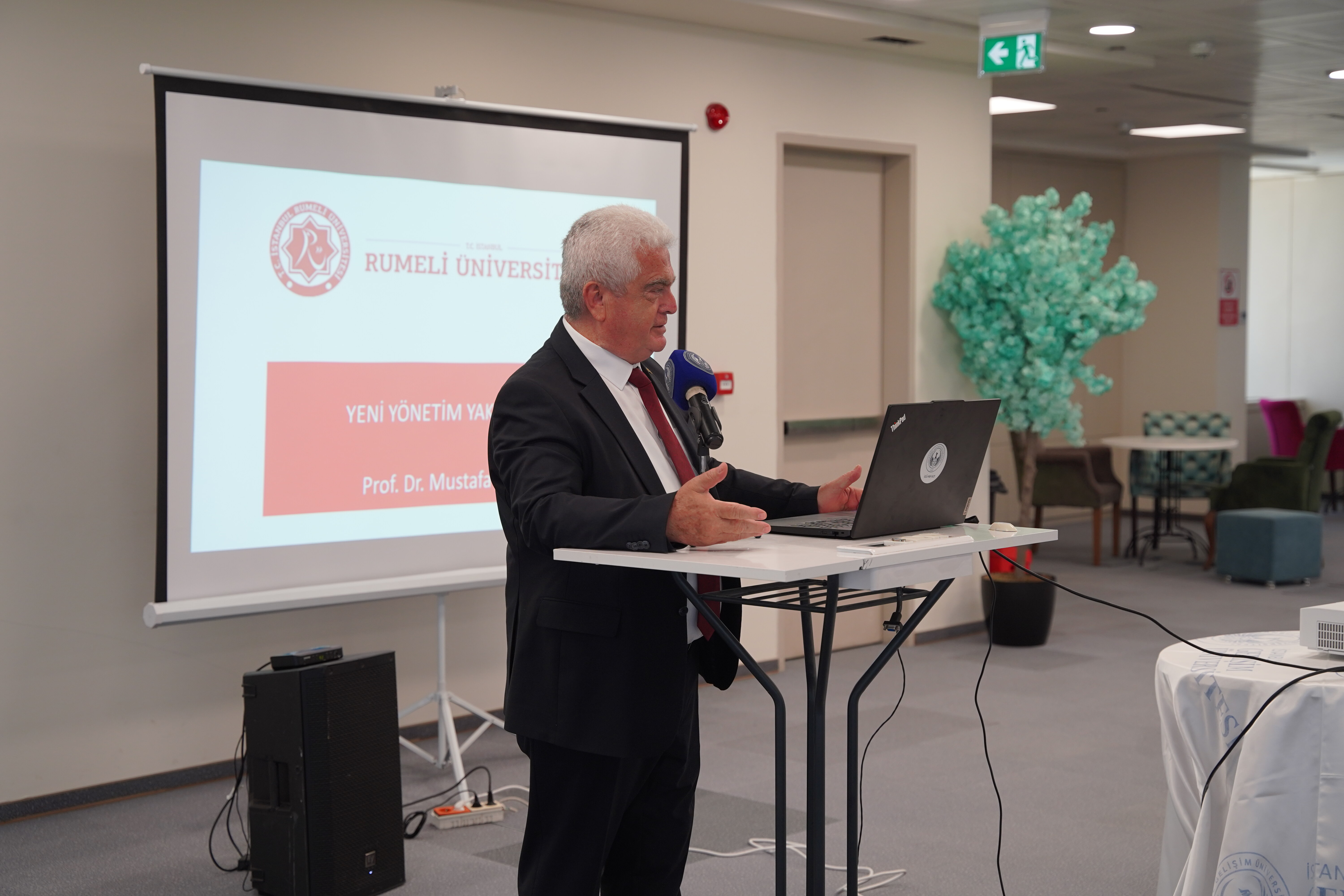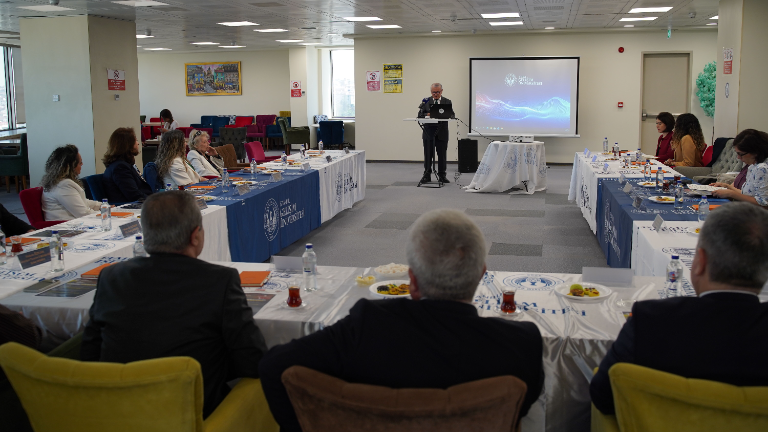Turkish Cooperatives Discussed at Istanbul Gelisim University
With the declaration of 2025 as the "International Year of Cooperatives" by the United Nations, activities to raise awareness in the field of cooperatives in Turkey have accelerated. In this context, a workshop titled "New Trends in Turkish Cooperatives in the Year of International Cooperatives 2025" was organized in cooperation with CIRIEC Turkey and Istanbul Gelisim University and Istanbul Rumeli University.
In the event, which brought together academics, researchers, civil society representatives and students, it was emphasized that cooperativism is not only an economic model but also a social structure that prioritizes social solidarity. In the workshop, current trends, structural transformations and new generation cooperative models were discussed in a multifaceted way.
Themes of Transformation and Resilience in Cooperatives Come to the Forefront
In the first part of the workshop, which was held in two sessions, the current situation of cooperatives in Turkey, the difficulties they face and their relations with international trends were evaluated. It was stated that cooperatives remain valid as a community-based economic alternative despite the economic difficulties they have experienced in the past; however, they should be reshaped in the light of digitalization, global crises and new generation expectations.
In the second session, especially women's cooperativism, social cooperativism and young people's perception of cooperativism were emphasized. The transformative role of women's cooperatives in reducing gender inequality, the importance of models that focus on social benefit, and strategies to encourage young people's participation in these structures were discussed.

Strong Support from the Academy to Cooperatives
Dean of Istanbul Gelisim University
Faculty of Economics, Administrative and Social Sciences Prof. Kenan Aydın stated that cooperatives should be rethought in the face of global and local conditions. He pointed out that the experiences in the past in Turkey are a lesson in terms of the steps to be taken today. Aydın emphasized that a cooperative approach that can attract the attention of new generations should be supported by contemporary dynamics such as digitalization and social innovation.
Istanbul Gelisim University Rector
Prof.Bahri Şahin, on the other hand, stated that cooperativism stands out with its ability to produce collective solutions at points where individual power is not enough. Stating that cooperatives are an innovative structure both economically and socially, Şahin pointed out the importance of supporting this field at the academic level.

Istanbul Rumeli University Rector Prof. Mustafa Kara also stated that cooperativism is perceived differently in society, so the concept should be redefined and its goals should be clarified. Kara emphasized the need to build bridges between educational actors and practitioners in the field, while pointing to the need for a strategic action plan in this area.

Common Ground for Next Generation Cooperatives
Among the prominent topics in the workshop were questions such as how cooperatives can adapt to changing world conditions, why young generations are distant from these structures, and how technologies such as artificial intelligence and digital platforms can be integrated with cooperatives. In the light of all these headings, the participants agreed that a more fair, participatory and sustainable economic structure can only be built with a strong cooperative culture.
At the end of the workshop, it was stated that a final report, in which the opinions and suggestions that emerged during the discussions would be compiled, would be shared with the participants and the public.
 Created Date: : Tuesday, May 27, 2025
Created Date: : Tuesday, May 27, 2025



 Created Date: : Tuesday, May 27, 2025
Created Date: : Tuesday, May 27, 2025







